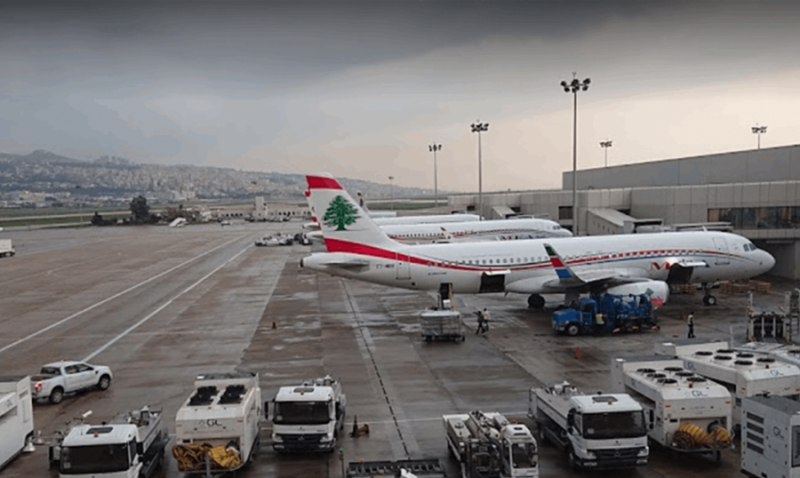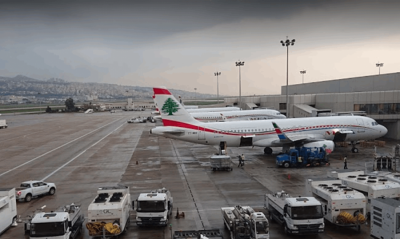In light of the geopolitical changes in the region, Lebanon remains the weakest link amidst the regional and international agreements forged, especially after Syria's return, albeit slightly, to the Arab fold after a long-standing estrangement. During this period, Lebanon gained a strategic position, whether through the transformation of transport and shipping services from Tartus to the ports of Tripoli and Beirut or by relying on Beirut Airport as a transit point for Syrians returning to their country. Today, these scenarios that pumped vast sums into the Lebanese state treasury are no longer viable. The Syrian war has undoubtedly been a double-edged sword for Lebanon, as it at times benefited from it and at other times faced adverse effects. So, what has changed today?
After more than a decade of isolation, Arab flights are once again soaring over Syria, a step that heralds the resumption of Gulf-Syrian meetings primarily and reflects the Arab desire to engage in serious talks with President Bashar al-Assad. Consequently, Beirut International Airport has not escaped these developments, which Syrian official sources informed mtv about, claiming that "it will cost Lebanon millions of dollars, expected to exceed 40%."
In connection with this, sources note that "the decision to return Arab flights to Damascus airspace was anticipated and is merely the starting point for changes that will occur in the region in the coming months. Some Arab countries, such as Kuwait and Qatar, have not yet made their final decisions regarding this step; however, discussions with Syrian delegations are still ongoing."
"The situation remains cloudy for us, as it does for the Lebanese government," the sources say, stressing that this "Arab step, which coincides with discussions about a soon meeting between Assad and Turkish President Recep Tayyip Erdoğan, will change the regional game in favor of Damascus, especially since construction and development contracts have been signed with the international community and some Arab nations in Damascus since the beginning of this year and will be announced soon."
Amidst rumors and political analyses, Beirut Airport is expected to witness a decline in passenger traffic and flights to Syria, as direct flights to Syrian cities will once again be available, thereby eliminating the need to pass through Lebanon, which may limit Beirut's role as a primary transit hub.
Furthermore, Lebanese airlines will face increased competition, potentially forcing them to enhance their services or offer more competitive prices to keep up with Arab companies returning to operate in Syria. The critical question raised here is: Will these companies be able to bear the consequences of this competition?
Additionally, the resumption of direct flights may impact the tourism sector in Lebanon, as many tourists used to pass through Beirut on their way to Syria. Now, some may prefer to travel directly to Syria, and naturally, hotel bookings in Beirut will decline, especially in the Hamra and Verdun areas.
So far, the Beirut Airport authority has refrained from commenting, but the Chairman of Middle East Airlines, Mohamad Al-Hout, expressed his welcome in a conversation with mtv regarding "the reopening of Damascus International Airport," emphasizing support for "any attempt or step to bolster Syria's stability, as it also reflects on Lebanon." As for the possibility of a reduction in the number of visitors to Lebanon, Al-Hout remarked: "We will compensate in other ways."
Beyond the economic and tourism implications of this decision, there are other more serious concerns regarding how Lebanese authorities will secure their borders and airspace amidst these developments. How will Lebanon deal with these changes in the regional balance of power? Will it require adjustments in its foreign and domestic policies to safeguard its strategic interests?
Amid these questions, it remains to be seen how these developments will impact Lebanon in the short and long term. All concerned parties will need to work together to address these challenges in a manner that enhances the country's stability and well-being, according to mtv.




